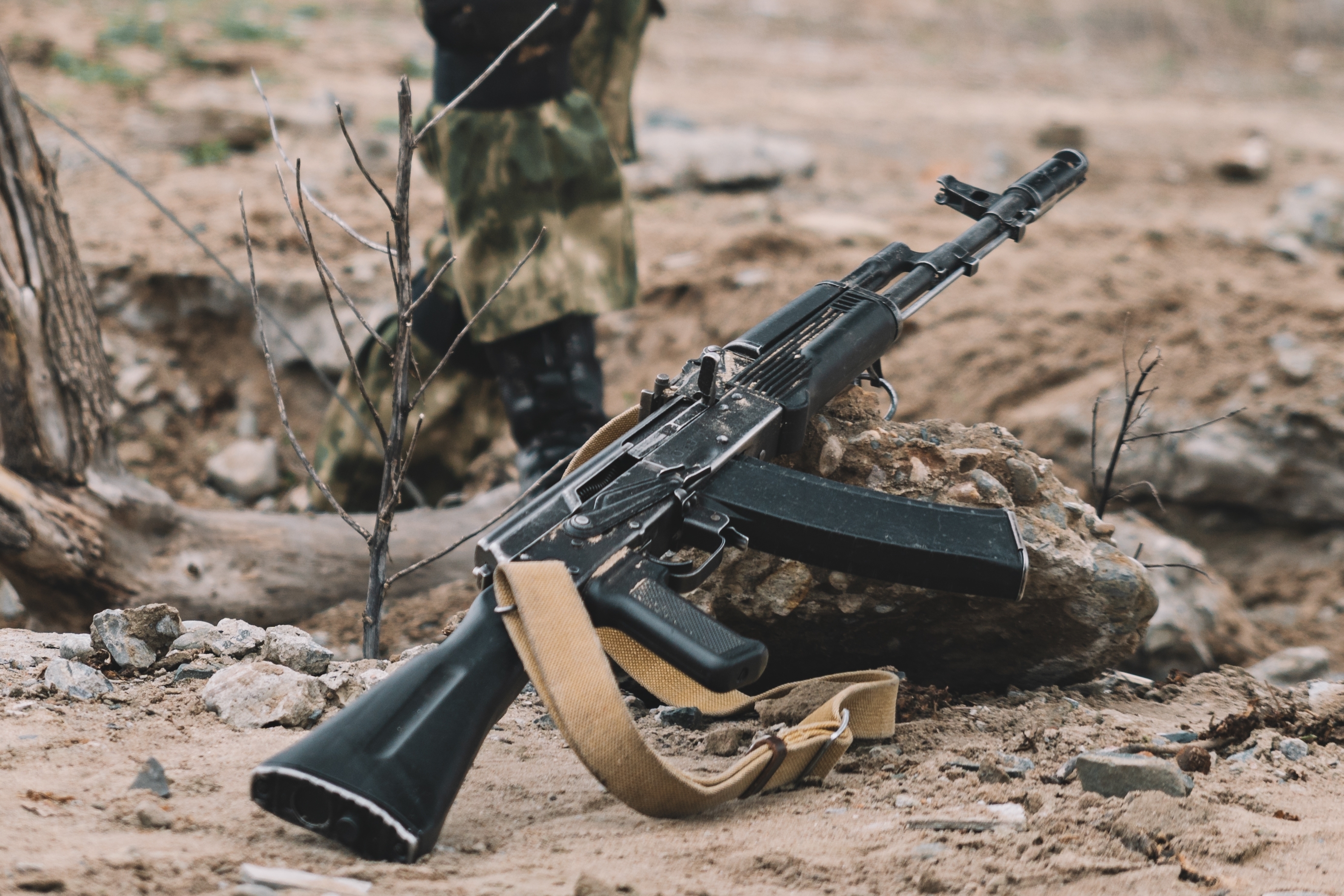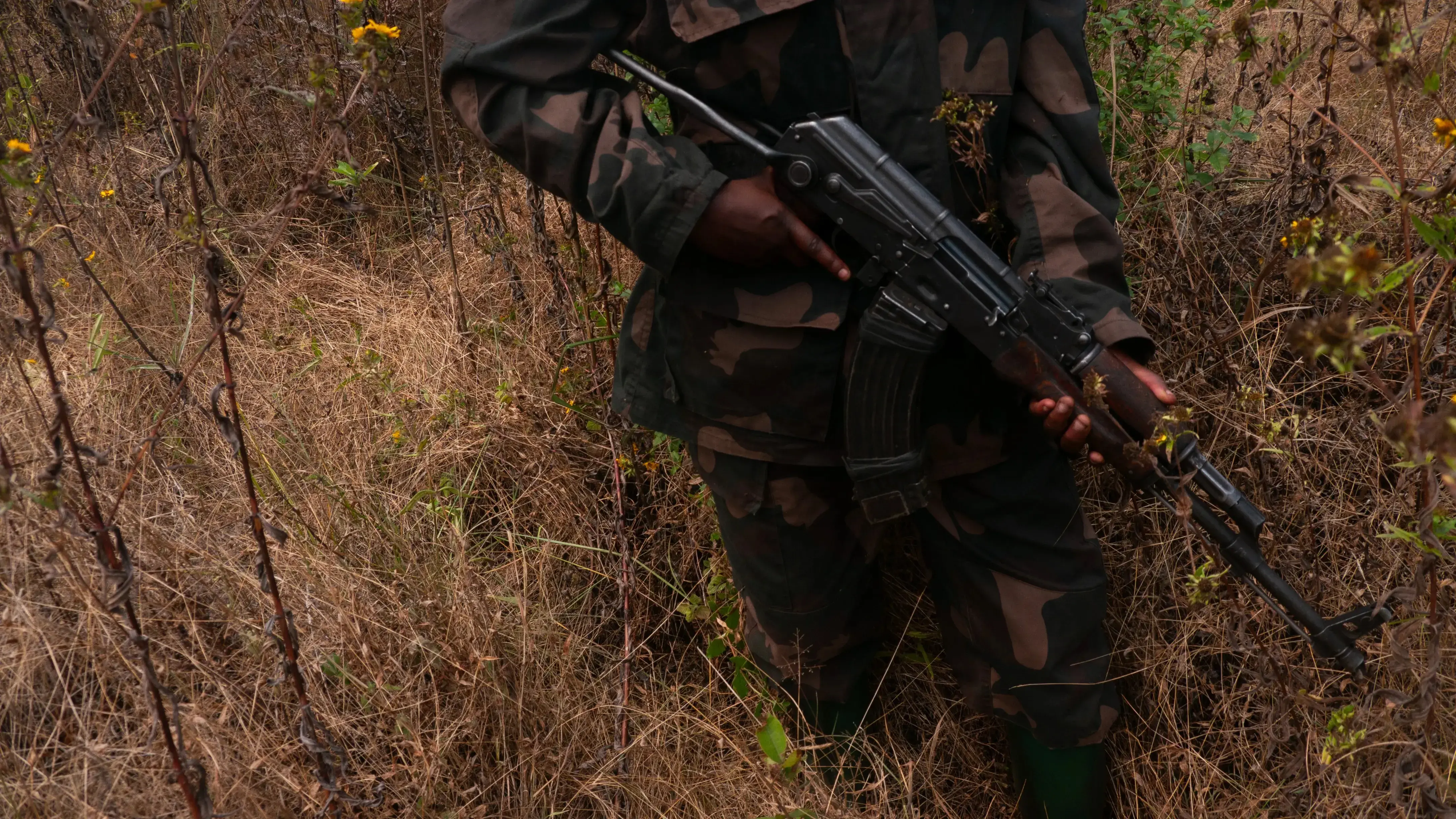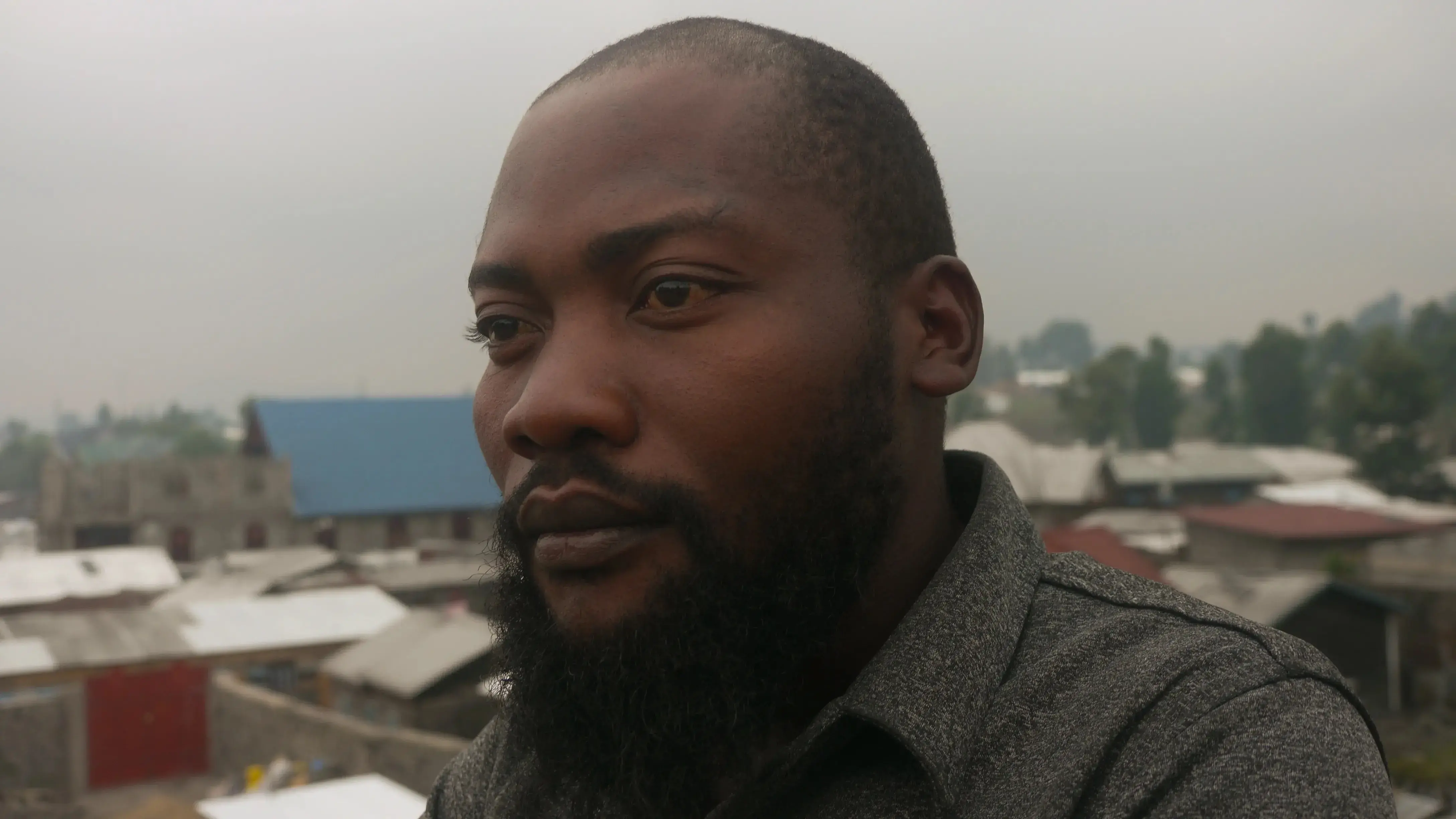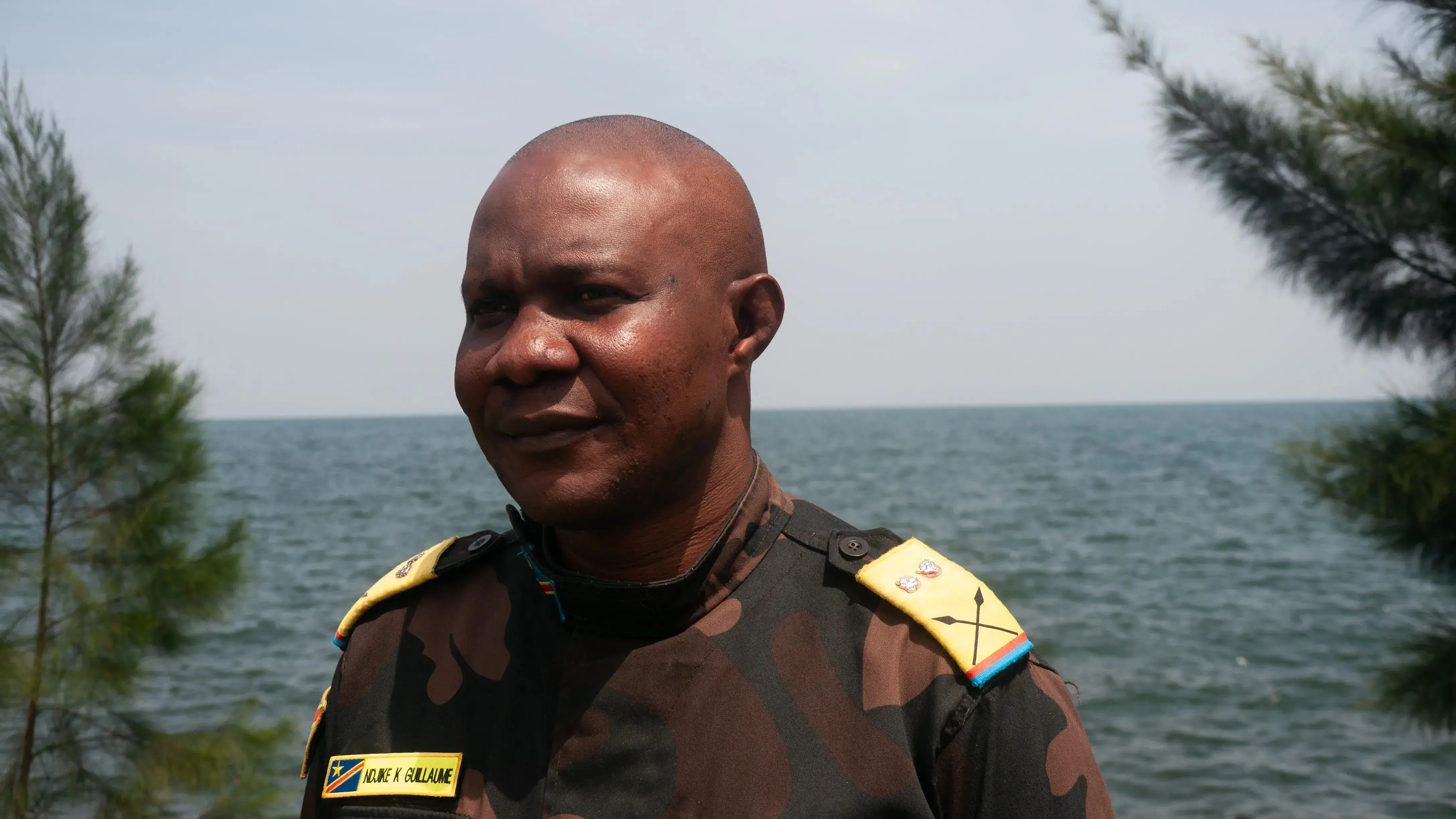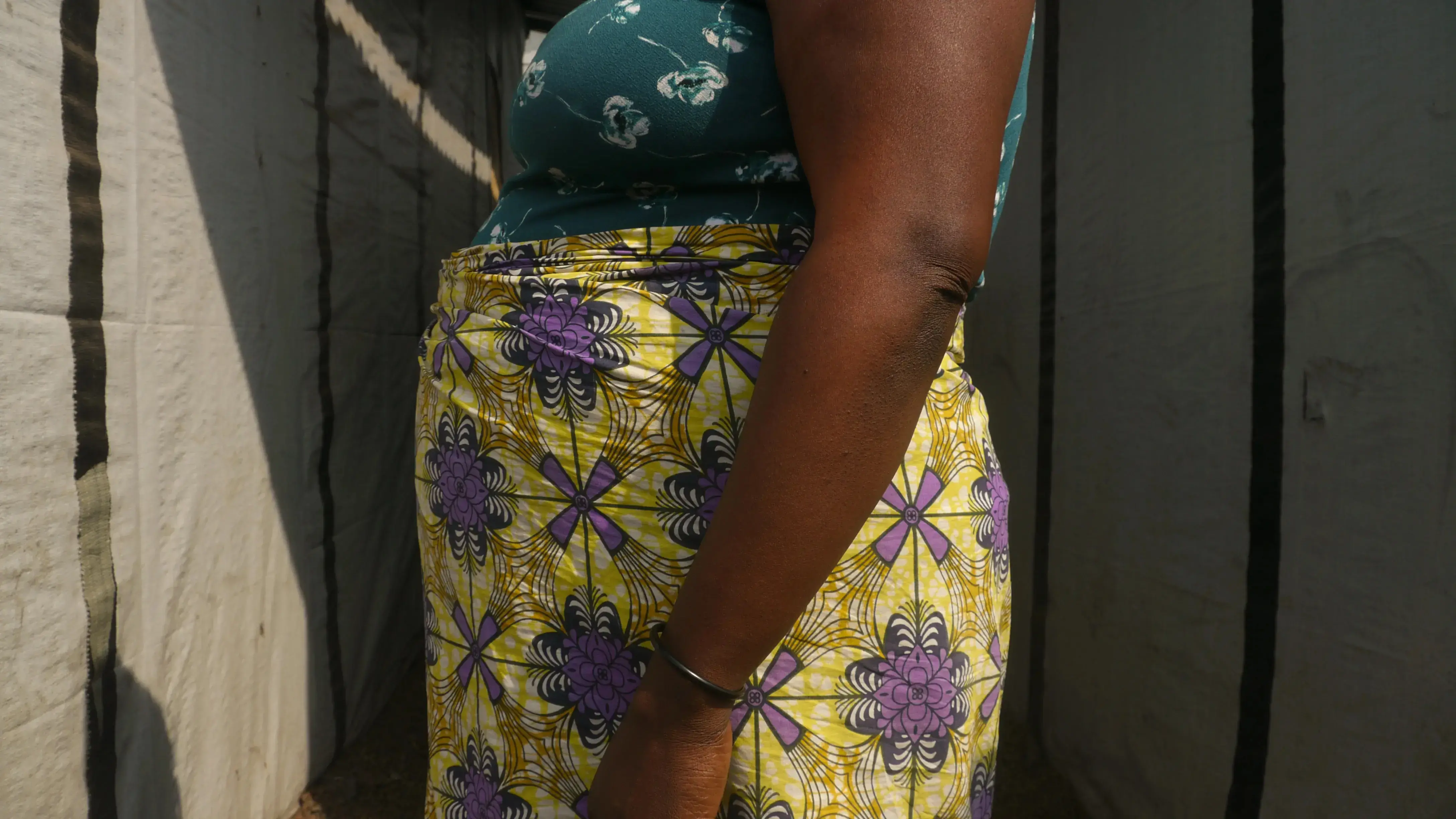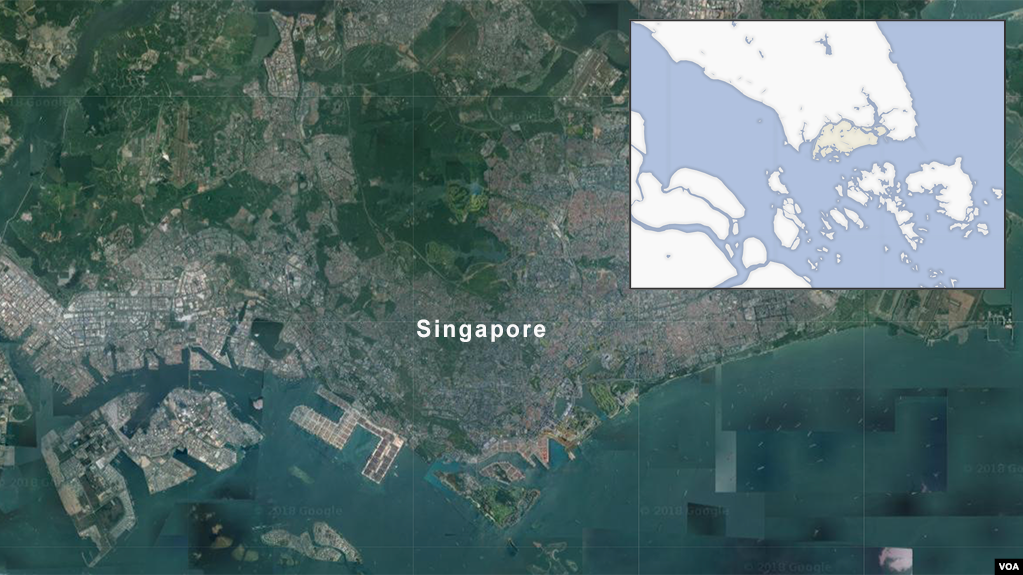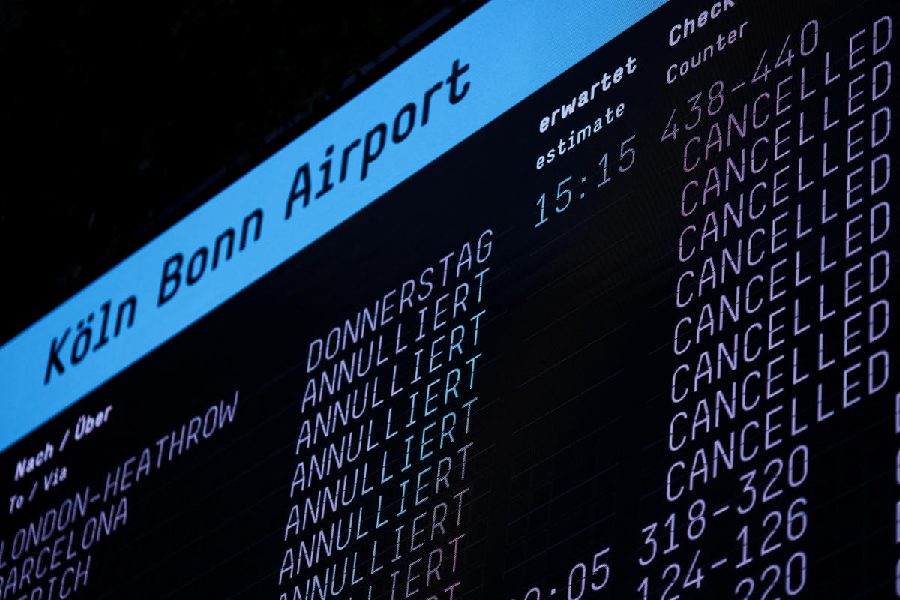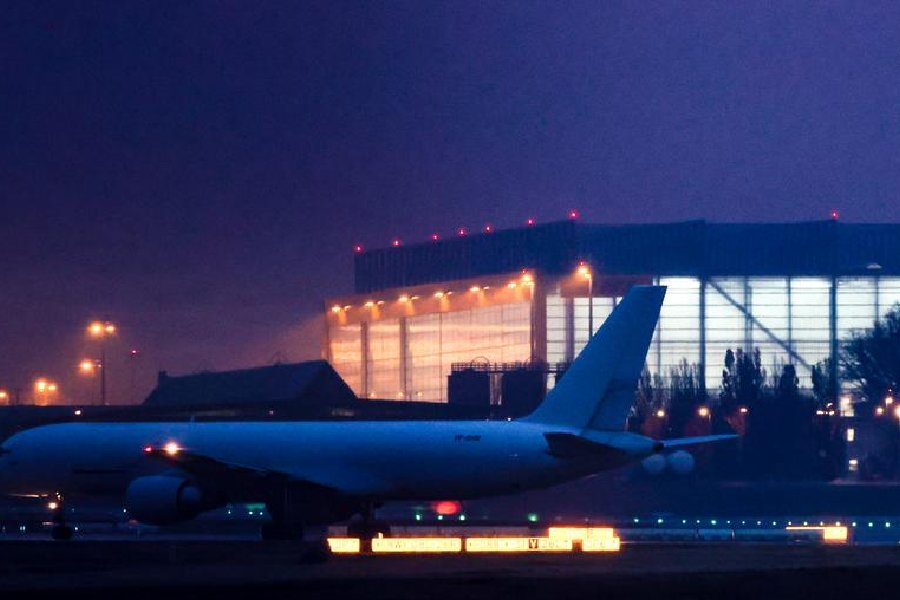Dutch convicted rapist considers quitting beach volleyball after Olympics criticism
HE WAS BOOED AT OLYMPICS
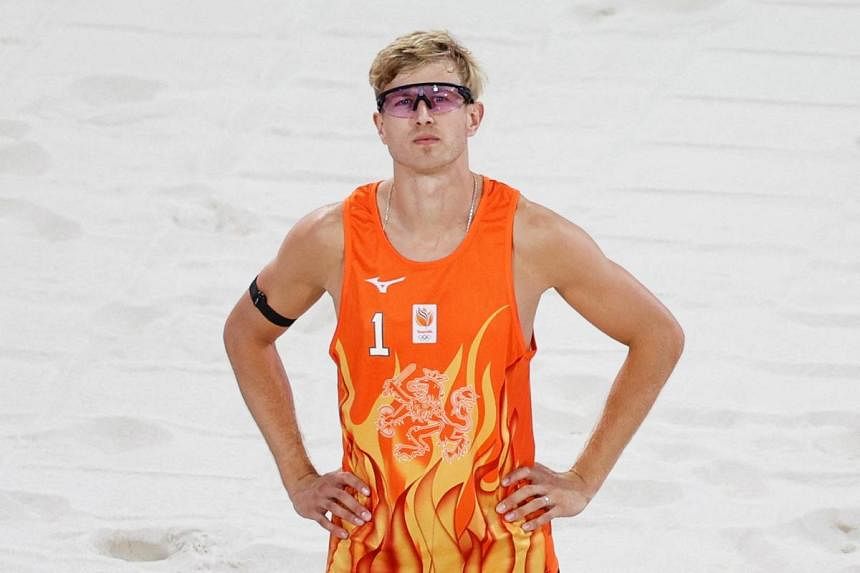

Paris 2024 Olympics - Beach Volleyball - Men's Round of 16 Match - Brazil vs Netherlands (Evandro/Arthur vs van de Velde/Immers) - Eiffel Tower Stadium, Paris, France - August 04, 2024. Steven van de Velde of Netherlands looks on.
REUTERS/Louisa Gouliamaki/
Aug 14, 2024
AMSTERDAM - Netherlands beach volleyball player Steven van de Velde, a convicted rapist, says he will consider quitting the sport if his participation in international tournaments continues to meet objections.
Van de Velde, who competes this week in the European Beach Volleyball Championships in the Netherlands, faced extensive criticism for taking part in the Paris Olympics and was jeered by sections of the crowd.
In a first interview since the Games he said he was considering his future in the sport.
"It was a tough experience, one that I haven't fully processed yet. The conclusion can certainly be - this is not worth it. Certainly for my family. So I will certainly take their opinion into account," he told Dutch NOS television in an interview broadcast on Tuesday.
Van de Velde was sentenced to four years in prison in Britain in 2016 after he was convicted of raping a 12-year-old girl. He was 19 at the time of the offence.
He spent 13 months in prison - one year in Britain and one month in the Netherlands. Under Dutch law his crime was re-classified as the lesser offence of committing indecent acts and his sentence was reduced.
Van de Velde returned to beach volleyball competition in 2017 but his selection for the Paris games was widely condemned by other delegations as well as women's rights groups. REUTERS
Aug 14, 2024
AMSTERDAM - Netherlands beach volleyball player Steven van de Velde, a convicted rapist, says he will consider quitting the sport if his participation in international tournaments continues to meet objections.
Van de Velde, who competes this week in the European Beach Volleyball Championships in the Netherlands, faced extensive criticism for taking part in the Paris Olympics and was jeered by sections of the crowd.
In a first interview since the Games he said he was considering his future in the sport.
"It was a tough experience, one that I haven't fully processed yet. The conclusion can certainly be - this is not worth it. Certainly for my family. So I will certainly take their opinion into account," he told Dutch NOS television in an interview broadcast on Tuesday.
Van de Velde was sentenced to four years in prison in Britain in 2016 after he was convicted of raping a 12-year-old girl. He was 19 at the time of the offence.
He spent 13 months in prison - one year in Britain and one month in the Netherlands. Under Dutch law his crime was re-classified as the lesser offence of committing indecent acts and his sentence was reduced.
Van de Velde returned to beach volleyball competition in 2017 but his selection for the Paris games was widely condemned by other delegations as well as women's rights groups. REUTERS


